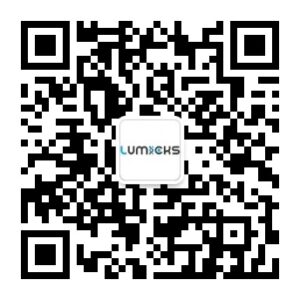CAR-T therapy can be a highly effective treatment for certain blood cancers such as acute myeloid leukemia (AML), but the mechanisms underlying productive CAR-T cell/tumor interactions are only beginning to be understood. Recent work has demonstrated that productive interactions can be influenced by the density of the target antigen on the tumor cell, stability of the CAR molecule itself, and additional antigen-independent and antigen-regulated interactions mediated by adhesion molecules. The sum total of the T-cell interaction with an antigen-bearing target cell is known as avidity.
Watch this webinar to learn about novel CARs and the use of avidity measurements to understand and enhance productive CAR-T cell interactions with both liquid and solid tumors from Dr. Marcela Maus, Director of cellular immunotherapy at Harvard Medical school.
Key learning points:
- Of the pre-clinical assays used to compare CAR constructs including cytokine secretion and cytotoxicity assays, only binding avidity is able to differentiate the different CAR constructs and the outcomes correlate the most with in vivo results.
- Non-cleavable hinge enhances avidity and expansion of CAR T cells for AML
- Enhanced tumor clearance in AML mouse models results from enhancing the binding avidity on both sides of the synapse, by engineering more stable CD27-based CARs and pharmacologically increasing CD70 antigen density on AML cells


